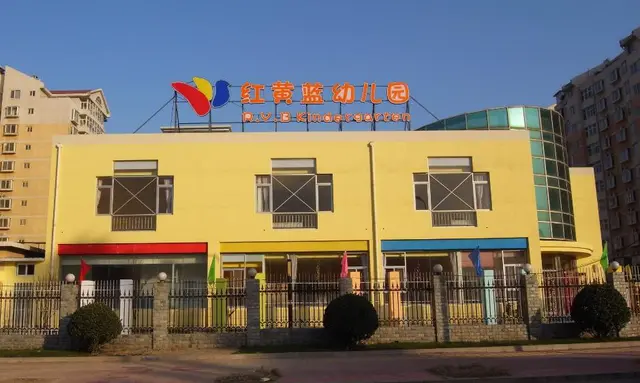The proposed establishment of the Shanghai free trade zone (FTZ) has moved a step closer and attracted global attention after winning support from China's top legislature this week.
Establishing the flagship Shanghai FTZ in response to new circumstances is an important step forward in reform and opening up, said a statement issued after a meeting of the political bureau of the Communist Party of China (CPC) Central Committee on Tuesday, which threw its weight behind the planned establishment of the free trade zone.
The Economist magazine describes the plan as a "top-level design," predicting the project "would help boost China's efforts to become a pan-Asian supply chain hub," and "could allow Shanghai to develop world-leading commodities exchanges."
The Shanghai FTZ will be the first free trade zone on the Chinese mainland. Within the experimental free trade zone, goods can be imported, processed and re-exported without the intervention of customs authorities.
Covering 28.78 square kilometers, the new zone will adjoin existing bonded zones in Shanghai -- Waigaoqiao Free Trade Zone, Waigaoqiao Free Trade Logistics Park, Yangshan Free Trade Port Area and Pudong Airport Comprehensive Free Trade Zone.
The State Council approved the pilot FTZ on July 3. It will take about three years to establish the FTZ to international standards.
The zone is expected to help Shanghai cut trade costs, improve efficiency, and promote financial services.
Some foreign media noted the FTZ will bring a huge financial bonus.
The New York Times said it signalled reform in the finance sector and Shanghai could become a bridgehead which enjoyed easy capital control and free Chinese yuan exchange.
Other observers commented the initiative could be repeated and extended on a larger scale and its development could not only bring benefit to China, but to the world.
The Indian Economic Times said the establishment of the FTZ was to explore new paths and models for China to open up, to push the pace of transformation of government functions and reforms of the administrative system.
The zone was an innovation, according to Zheng Yongnian, director of the National University of Singapore's East Asian Institute, that would cultivate new interest and new systems that could contribute to reforming old interests and systems.
 简体中文
简体中文



